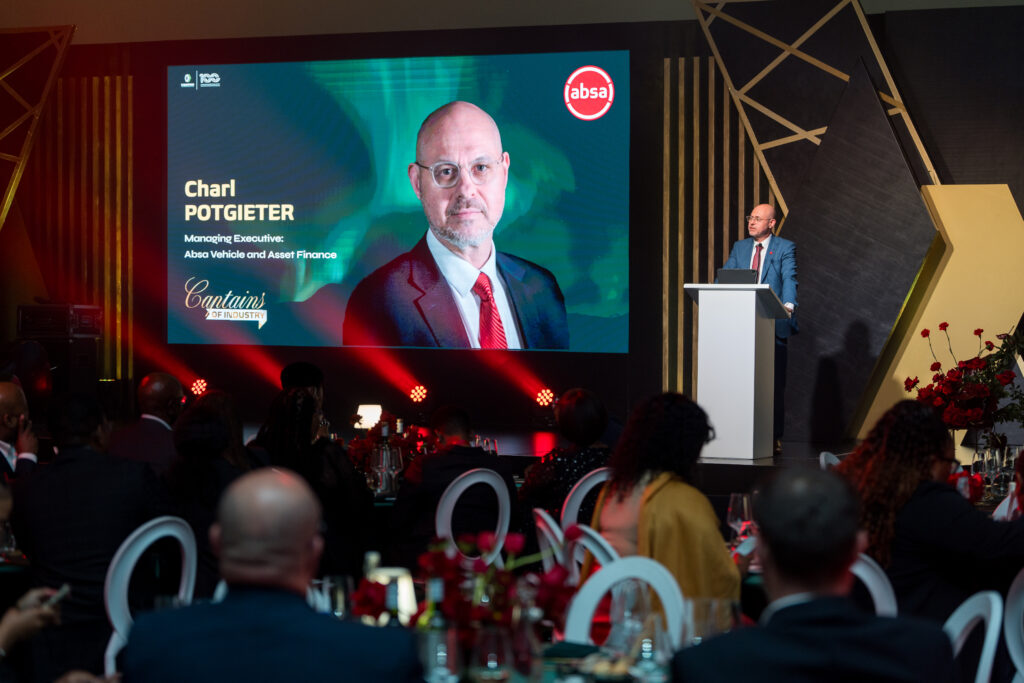24 October 2024
South African consumers are experiencing a paradigm shift in the automotive market, with emerging players disrupting traditional notions of luxury by blending in one key aspect – affordability.
For the average South African, this key distinction has proven significant over the past few years as the cost of living, fuel price, and inflation figures continue to escalate unabated, placing a squeeze on household budgets and finances.
The latest Consumer Pulse Survey by credit bureau, Transunion, points to hope on the horizon. Despite the odds, the report notes that consumer optimism rose three percentage points from last quarter, and 27% of survey respondents considered a new car loan or lease. This signals both resilience and renewed confidence in making significant financial commitments, even in a challenging economic climate.
It also suggests that, while macroeconomic pressures persist, there is a growing appetite for investment in personal mobility as consumers navigate the path forward. Consumers are aspirational and are not looking to automakers to reinvent the wheel but keep the basics – innovation, reliability, and advanced technological features.
Charl Potgieter, Managing Executive at Absa Vehicle and Asset Finance said: “The South African automotive market is fundamentally transforming, and the emergence of new brands willing to be at the nexus of affordability, cutting-edge technology, and reliability is proving to be a significant differentiator. The existing and well-established brands aren’t taking this emergence lightly and have responded with better value offerings that offer consumers increased choice.”
According to insights from Absa’s equity research, while 12-month rolling new vehicle sales declined 6% year-on-year in August. Asian Original Equipment Manufacturers (OEMs), that include India, China, Japan and South Korea, have made remarkable strides in capturing the South African market, with their share of new vehicle sales volumes surging by 21% — from 47% in August 2015 to an impressive 68% in August 2024.
This growth, driven predominantly by Chinese brands leading the category, underscores their capacity to democratise access to new vehicles. By offering products that resonate with the needs of an increasingly discerning and value-conscious consumer base, these brands have successfully positioned themselves as key players in making new car ownership more accessible, relevant, and sustainable in the evolving automotive landscape.
Chery, GWM-Haval, Foton, Omoda & Jaecoo and BAIC, are brands making headway as consumer favourites, gaining significant inroads in the market.
It’s not just the price that sets these vehicles apart. New players have recognised that South African consumers want more than just affordability — they expect reliability, comfort, and advanced technology. By delivering on these expectations, these brands have carved out a niche for themselves, offering vehicles with cutting-edge technology, such as advanced safety systems and infotainment options, at a price where this level of luxury and features were not previously available. The established competitors boast more extensive dealer networks, longstanding reputations and lower maintenance costs that will take time for new brands to build.
“The entry of new competitors into the market bodes well for the industry standard as a whole, with intensifying competition compelling all players to continuously elevate their offerings, driving a dynamic cycle of improvement that benefits the consumer while accelerating the pace of technological and design advancements across the automotive sector,” Potgieter said, on the sidelines of South African Autoweek (SAAW) 2024.
In terms of new vehicle sales, Chinese and Indian automotive players are closely followed by Japanese, and South Korean OEMs, which are making notable gains in market share.
As the anchor sponsor of SAAW, which took place last week at the Cape Town International Convention Centre, Absa remains committed to supporting the sector as it navigates this new terrain. Organised by Naamsa | the Automotive Business Council, this prestigious event coincides with the 100th anniversary of South Africa's automotive industry—an important milestone for one of the country’s most vital economic sectors.
Speaking at SAAW President Cyril Ramaphosa underscored the global shift towards decarbonization as both a challenge and an extraordinary opportunity for South Africa's automotive sector. Cultivating private-public partnerships that accelerate the production and adoption of New Energy Vehicles (NEVs) are critical to driving long-term growth, enhancing South Africa's global competitiveness, and contributing meaningfully to the global climate agenda.
NEVs (which include battery electric vehicles, traditional hybrid electric vehicles and plug-in hybrid electric vehicles) accounted for 3% of new vehicle sales volume in August 2024, up 40bp M/M and 150bp Y/Y.
As the automotive industry observes this shift in purchasing dynamics and the evolving paradigm, Absa, a leading pan-African bank and financial services group, is meeting the sector and consumers where they are.

Managing Executive at Absa Vehicle and Asset Finance Charl Potgieter delivered the keynote address at the Absa-sponsored Captains of Industry Dinner, held during SA Autoweek 2024 in Cape Town, celebrating a century of innovation and growth for South Africa’s automotive industry. The three day conference also included a range of though-leading panel discussions on various topics of pertinence to the industry, as well as an address by President Cyril Ramaphosa.
.png)
.png)
.png)
.png)
.png)
.png)
.png)

.png)
.png)



